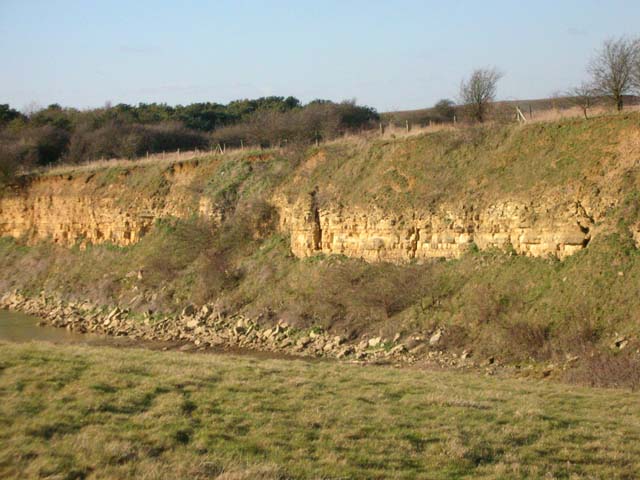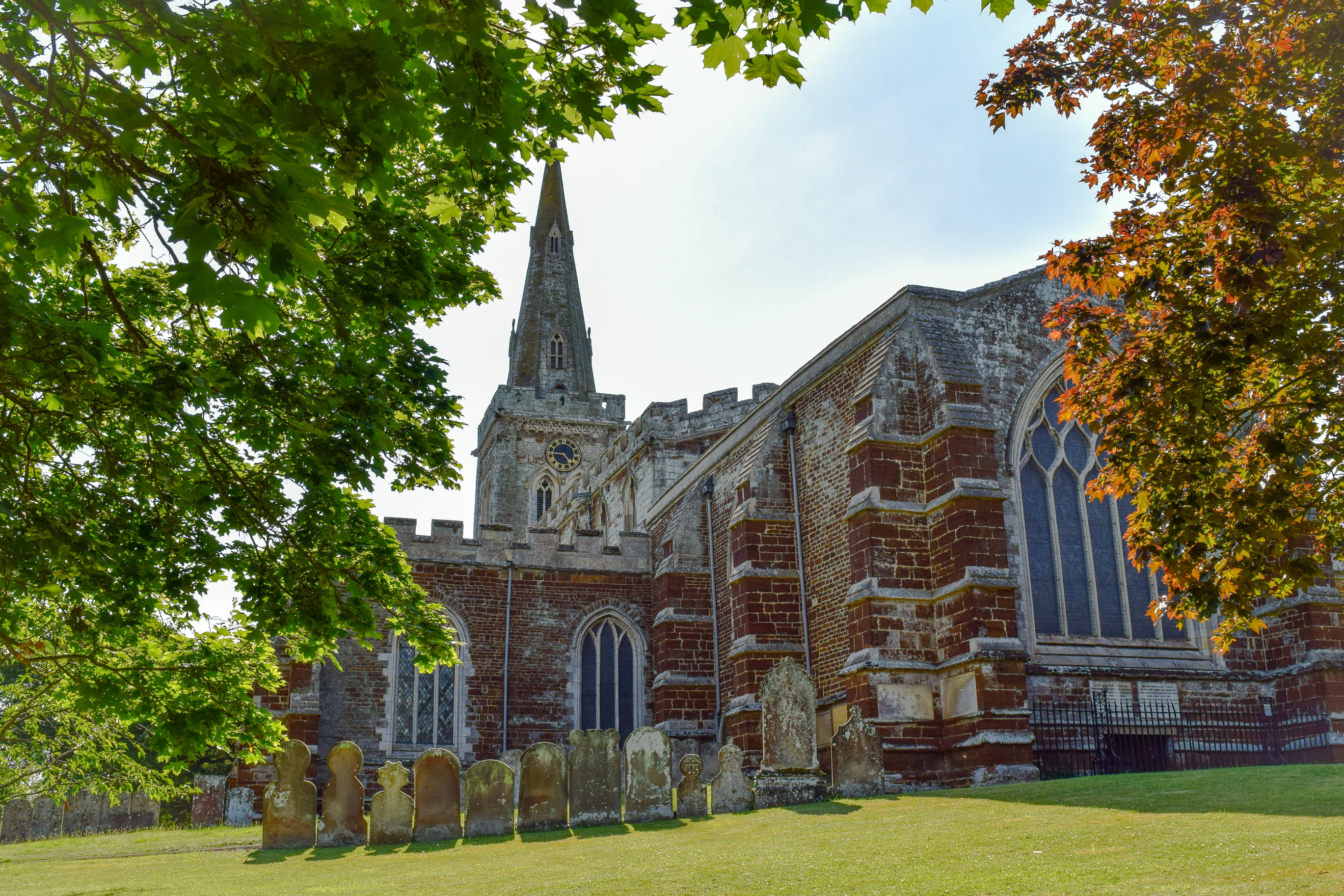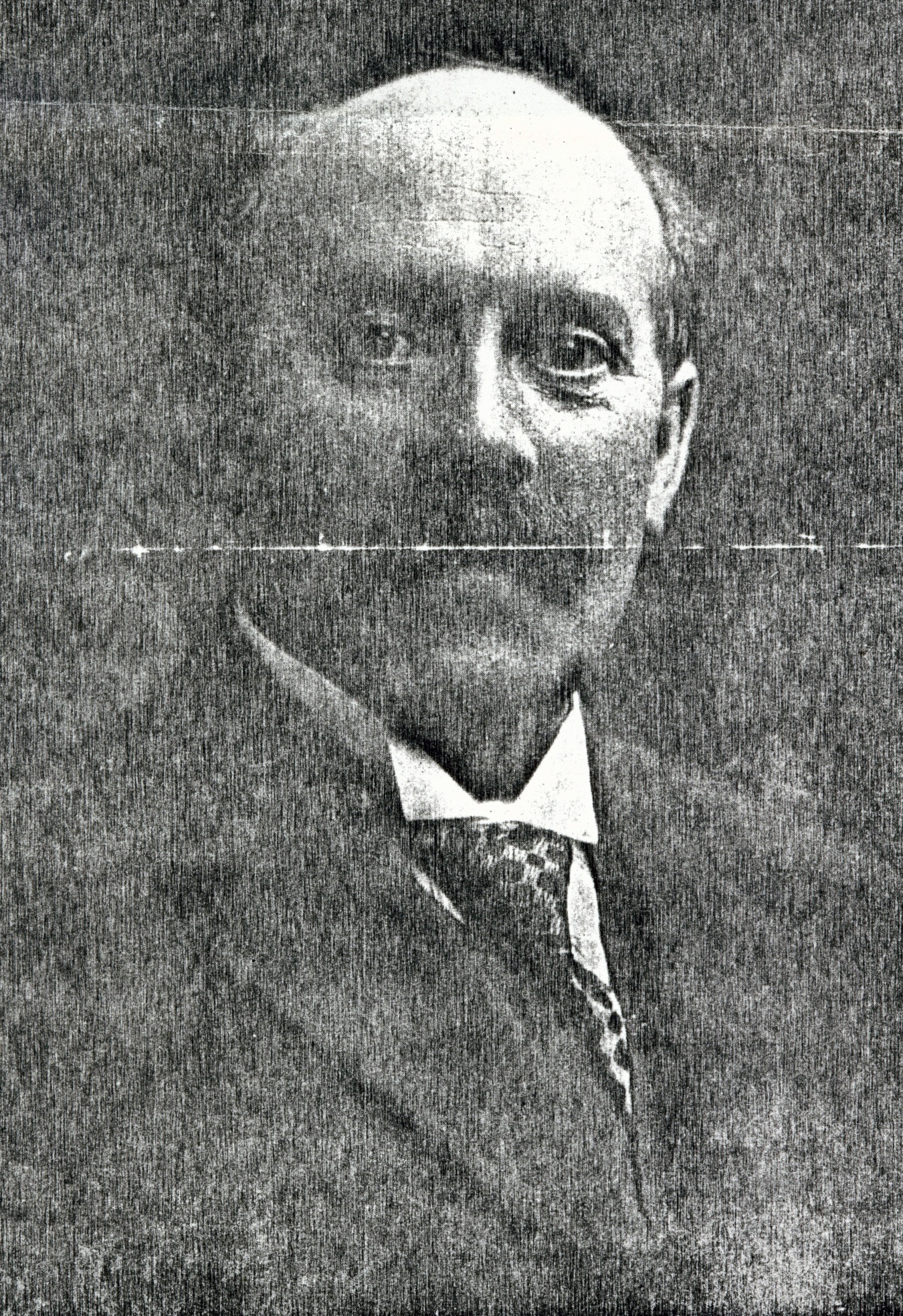|
Finedon
Finedon is a town in North Northamptonshire, England, with a population at the 2011 census of 4,309. In 1086 when the Domesday Book was completed, Finedon (then known as Tingdene) was a large royal manor, previously held by Queen Edith, wife of Edward the Confessor. From the 1860s the parish was much excavated for its iron ore, which lay underneath a layer of limestone and was quarried over the course of 100 years or more. Local furnaces produced pig iron and later the quarries supplied ore for the steel works at Corby. A disused quarry face in the south of the parish is a geological SSSI. Finedon is situated to the north east of Wellingborough. Nearby towns and villages include Irthlingborough, Burton Latimer and Great Harrowden. History Domesday Book In 1086 when the Domesday Book was completed, Finedon was a large royal manor, previously held by Queen Edith. At this time the village (now a town) was known as Tingdene, which originates from the Old English words '' ... [...More Info...] [...Related Items...] OR: [Wikipedia] [Google] [Baidu] |
Finedon Top Lodge Quarry
Finedon Top Lodge Quarry, also known as Finedon Gullet (and in the 1960s documented as 'Wellingborough No. 5 Pit') is a geological Site of Special Scientific Interest east of Wellingborough in Northamptonshire. It is a Geological Conservation Review site revealing a sequence of middle Jurassic limestones, sandstones and ironstones, and is the type section for a sequence of sedimentary rocks known as the 'Wellingborough Member'. It was created by quarrying for the underlying ironstone for use at Wellingborough and Corby Steelworks; the ore was transported by the gauge Wellingborough Tramway. Geology This quarry face revealed a complete section of the Rutland Formation dating to the Bathonian stage of the Middle Jurassic, 168 to 166 million years ago, although by 1997 only the top 4m of that formation was visible. It is the type section for the Wellingborough Member, and contains fossils of oysters and Rhynchonellida. The very simplified diagram is not to scale, and has ma ... [...More Info...] [...Related Items...] OR: [Wikipedia] [Google] [Baidu] |
Finedon Hall
Finedon Hall is a Victorian country house in Finedon, Northamptonshire. It is a Grade II listed building. History The core of the house is 17th or 18th century, and was extensively remodelled by William Harcourt Isham Mackworth Dolben (1806–1872). Datestones indicate a range of different building phases: 1855, 1851, 1856 and 1859. The architect is unknown, but is likely to have been E. F. Law of Northampton. Mackworth Dolben was himself an 'enthusiastic' amateur architect. There is also a range of fine ancillary buildings: the Museum Tower, the Bell Tower and the Old Chapel, also listed Grade II. The estate was landscaped with advice from Humphry Repton. Until its dramatic collapse in 1951, the estate was home to the well-known monument, the Volta Tower. Ownership From the early 15th to the 18th century, the manor was in the hands of the Mulso family. On the death of the last of the Mulso line, Tanfield Mulso, Finedon passed to his daughter, Anne. She married Sir Gilber ... [...More Info...] [...Related Items...] OR: [Wikipedia] [Google] [Baidu] |
Volta Tower
Volta Tower was a folly in the town of Finedon, Northamptonshire, England. It was built in 1865 and collapsed in 1951. History The Volta Tower was built in 1865 by William Harcourt Isham Mackworth-Dolben of Finedon Hall. William Mackworth (1806—72), a younger son of Sir Digby Mackworth, the 3rd Baronet, had taken the additional surname Dolben after he married Frances, the heiress of Sir John English Dolben, the 4th Baronet. Mackworth-Dolben built the tower to commemorate the death of his eldest son, Lieutenant Commander William Digby Dolben, who had drowned off the west coast of Africa on 1 September 1863, aged 24. William, serving on HMS ''Investigator'', drowned crossing the bar of Lagos when the gig, a four-oar whaler was swamped. His younger brother, the poet Digby Mackworth Dolben Digby Augustus Stewart Mackworth Dolben (8 February 1848 – 28 June 1867) was an English poet who died young from drowning. He owes his poetic reputation to his cousin, Robert Bridges, poe ... [...More Info...] [...Related Items...] OR: [Wikipedia] [Google] [Baidu] |
Richard Coles
Richard Keith Robert Coles (born 26 March 1962) is an English writer, radio presenter and Church of England clergyman who was the vicar of Finedon in Northamptonshire from 2011 to 2022. He first came to prominence as the multi-instrumentalist who partnered Jimmy Somerville in the 1980s band the Communards. They achieved three top ten hits, including the No. 1 record and best-selling single of 1986, a dance version of "Don't Leave Me This Way". Coles frequently appears on radio and television as well as in newspapers and, in March 2011, became the host of BBC Radio 4's '' Saturday Live'' programme. He is a regular contributor to '' QI'', '' Would I Lie to You?'' and '' Have I Got News for You''. He is an author, Chancellor of the University of Northampton, Honorary Chaplain to the Worshipful Company of Leathersellers, and a patron of social housing project Greatwell Homes in Wellingborough. Personal life Coles was born in Northampton, England. His grandfather was a prosperou ... [...More Info...] [...Related Items...] OR: [Wikipedia] [Google] [Baidu] |
Wellingborough
Wellingborough ( ) is a large market and commuter town in the unitary authority area of North Northamptonshire in the ceremonial county of Northamptonshire, England, 65 miles from London and from Northampton on the north side of the River Nene. Originally named "Wendelingburgh" (the stronghold of Wændel's people), the Anglo-Saxon settlement is mentioned in the Domesday Book of 1086 as "Wendelburie". The town was granted a royal market charter in 1201 by King John. At the 2011 census, the town's built-up area had a population of 50,577. The Wellingborough built-up area also includes suburbs Wilby, Great Doddington, Little Irchester and Redhill Grange. History The town was established in the Anglo-Saxon period and was called "Wendelingburgh". It is surrounded by five wells: Redwell, Hemmingwell, Witche's Well, Lady's Well and Whytewell, which appear on its coat of arms. Henrietta Maria came with her physician Théodore de Mayerne to take the waters on 14 July 1627. ... [...More Info...] [...Related Items...] OR: [Wikipedia] [Google] [Baidu] |
Irthlingborough
Irthlingborough () is a town on the River Nene in North Northamptonshire, England. It had a population of 8,900 at the 2011 census and was the smallest town in England to have had a Football League team, Rushden & Diamonds F.C., prior to the promotion of Forest Green Rovers to the EFL in May 2017. The parish church, St Peter, has a lantern tower, unusual for Northamptonshire churches, which was built to guide travellers across the Nene valley in foggy weather. It also has doors at the four cardinal points and has eight misericords in the chancel. History The town's name origin is uncertain. ' Ploughmen's fortification', with the suggestion that oxen were once kept here. Perhaps, 'fortification of Yrtla's people'. Alternatively, the first element may be an Old English 'yrthling', a type of bird such as a wren, wagtail or lapwing. Bird names are frequently used to form compounds with Old English 'burh'. Irthlingborough was called ''Yrtlingaburg'' in the 8th century, ''Erdibu ... [...More Info...] [...Related Items...] OR: [Wikipedia] [Google] [Baidu] |
Northamptonshire
Northamptonshire (; abbreviated Northants.) is a county in the East Midlands of England. In 2015, it had a population of 723,000. The county is administered by two unitary authorities: North Northamptonshire and West Northamptonshire. It is known as "The Rose of the Shires". Covering an area of 2,364 square kilometres (913 sq mi), Northamptonshire is landlocked between eight other counties: Warwickshire to the west, Leicestershire and Rutland to the north, Cambridgeshire to the east, Bedfordshire to the south-east, Buckinghamshire to the south, Oxfordshire to the south-west and Lincolnshire to the north-east – England's shortest administrative county boundary at 20 yards (19 metres). Northamptonshire is the southernmost county in the East Midlands. Apart from the county town of Northampton, other major population centres include Kettering, Corby, Wellingborough, Rushden and Daventry. Northamptonshire's county flower is the cowslip. The Soke of Peterborough fall ... [...More Info...] [...Related Items...] OR: [Wikipedia] [Google] [Baidu] |
Wellingborough (UK Parliament Constituency)
Wellingborough is a constituency represented in the House of Commons of the UK Parliament since 2005 by Peter Bone, a Conservative. History This seat was created under the Representation of the People Act 1918. ;Political history Wellingborough's earliest years were left-leaning. Between 1964 and 2005, the seat has kept on producing examples of bellwether results and rarely showed itself to be safe for more than one government term. Departing from this are two years where the result has defied the most common result nationwide, by leaning towards the Conservative Party, in 1974 (twice). Since 2010 it has become a safe seat for the conservatives. In the 2016 EU referendum, Wellingborough voted 62.4% leave (25,679 votes) to 37.6% remain (15,462 votes) ;Prominent frontbenchers Sir Geoffrey Shakespeare was a Lloyd-Georgist National Liberal who served in junior minister roles through much of World War II including, briefly as the Secretary for Overseas Trade in 1940. The la ... [...More Info...] [...Related Items...] OR: [Wikipedia] [Google] [Baidu] |
North Northamptonshire
North Northamptonshire is one of two local authority areas in Northamptonshire, England. It is a Unitary authorities of England, unitary authority area forming about one half of the Ceremonial counties of England, ceremonial county of Northamptonshire. It was created in 2021. Its notable towns are Kettering, Corby, Wellingborough, Rushden, Raunds, Desborough, Rothwell, Northamptonshire, Rothwell, Irthlingborough, Thrapston and Oundle. The council is based at the Corby Cube in Corby. It has a string of lakes along the River Nene, Nene Valley Conservation Park, associated Nene Valley Railway, heritage railway, the village of Fotheringhay which has tombs of the House of York as well as a towering church supported by flying buttresses. This division has a well-preserved medieval castle in private hands next to Corby – Rockingham Castle – and about 20 other notable : country houses in Northamptonshire, country houses, many of which have visitor gardens or days. History N ... [...More Info...] [...Related Items...] OR: [Wikipedia] [Google] [Baidu] |
Great Harrowden
Great Harrowden is a village and civil parish in North Northamptonshire, with a population (including Hardwick) at the 2011 census of 161. The village sits astride the busy A509 running between Kettering and Wellingborough - although a bypass is due to be built shortly. The village forms part of the Orlingbury hundred. The villages name means 'Heathen temple hill'. Nearby settlements include Little Harrowden, Isham and Finedon. Church The parish church of All Saints dates back to Norman times and is Grade II* listed. It is famous for its medieval Doom painting above the chancel arch. The painting is not sophisticated but is considered to be one of the best and most complete Dooms remaining in England. The church is mainly made of ironstone apart from the tower, which is ashlar. The tower was rebuilt in 1822; there was formerly a spire, but this collapsed in the 18th century. The church contains some 17th-century plate (cup: 1695; paten: 1698) and a brass to William Har ... [...More Info...] [...Related Items...] OR: [Wikipedia] [Google] [Baidu] |
United Kingdom Census 2011
A Census in the United Kingdom, census of the population of the United Kingdom is taken every ten years. The 2011 census was held in all countries of the UK on 27 March 2011. It was the first UK census which could be completed online via the Internet. The Office for National Statistics (ONS) is responsible for the census in England and Wales, the General Register Office for Scotland (GROS) is responsible for the census in Scotland, and the Northern Ireland Statistics and Research Agency (NISRA) is responsible for the census in Northern Ireland. The Office for National Statistics is the executive office of the UK Statistics Authority, a non-ministerial department formed in 2008 and which reports directly to Parliament. ONS is the UK Government's single largest statistical producer of independent statistics on the UK's economy and society, used to assist the planning and allocation of resources, policy-making and decision-making. ONS designs, manages and runs the census in England an ... [...More Info...] [...Related Items...] OR: [Wikipedia] [Google] [Baidu] |
Aisle
An aisle is, in general, a space for walking with rows of non-walking spaces on both sides. Aisles with seating on both sides can be seen in airplanes, certain types of buildings, such as churches, cathedrals, synagogues, meeting halls, parliaments and legislatures, courtrooms, theatres, and in certain types of passenger vehicles. Their floors may be flat or, as in theatres, stepped upwards from a stage. Aisles can also be seen in shops, warehouses, and factories, where rather than seats, they have shelving to either side. In warehouses and factories, aisles may be defined by storage pallets, and in factories, aisles may separate work areas. In health clubs, exercise equipment is normally arranged in aisles. Aisles are distinguished from corridors, hallways, walkways, footpaths, pavements (''American English'' sidewalks), trails, paths and (enclosed) "open areas" by lying between other open spaces or areas of seating, but enclosed within a structure. Typical physica ... [...More Info...] [...Related Items...] OR: [Wikipedia] [Google] [Baidu] |





